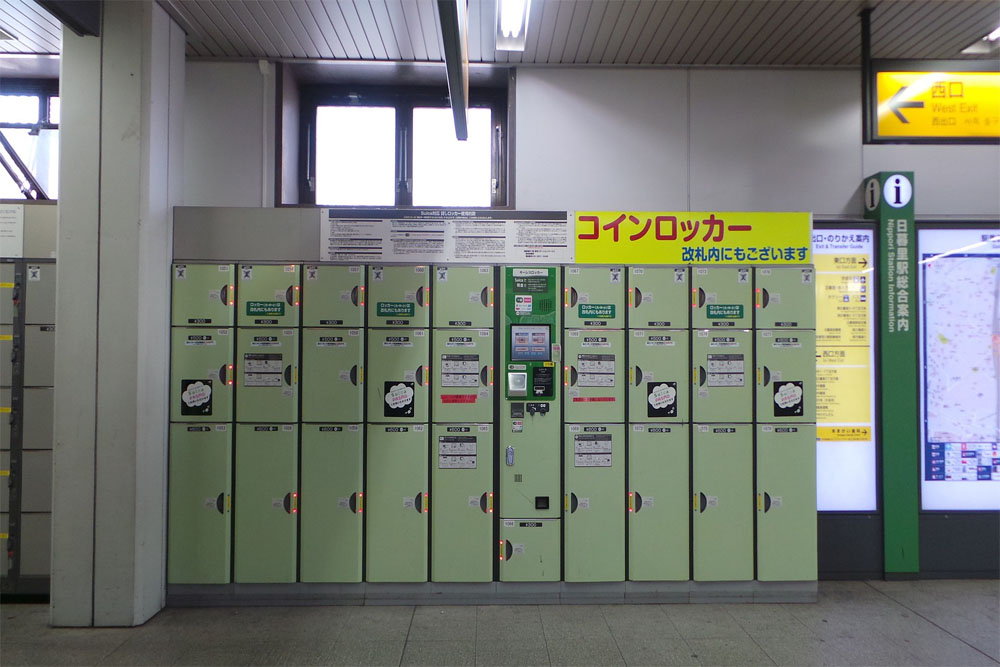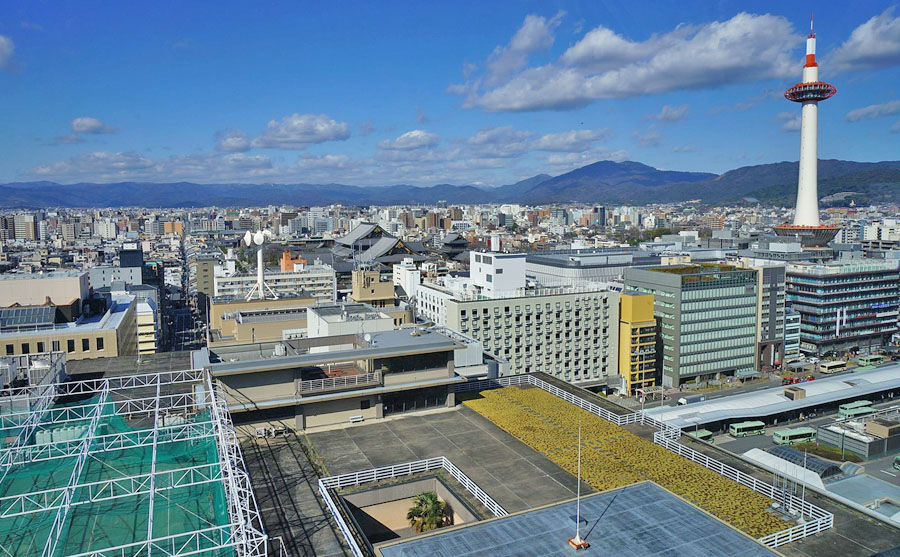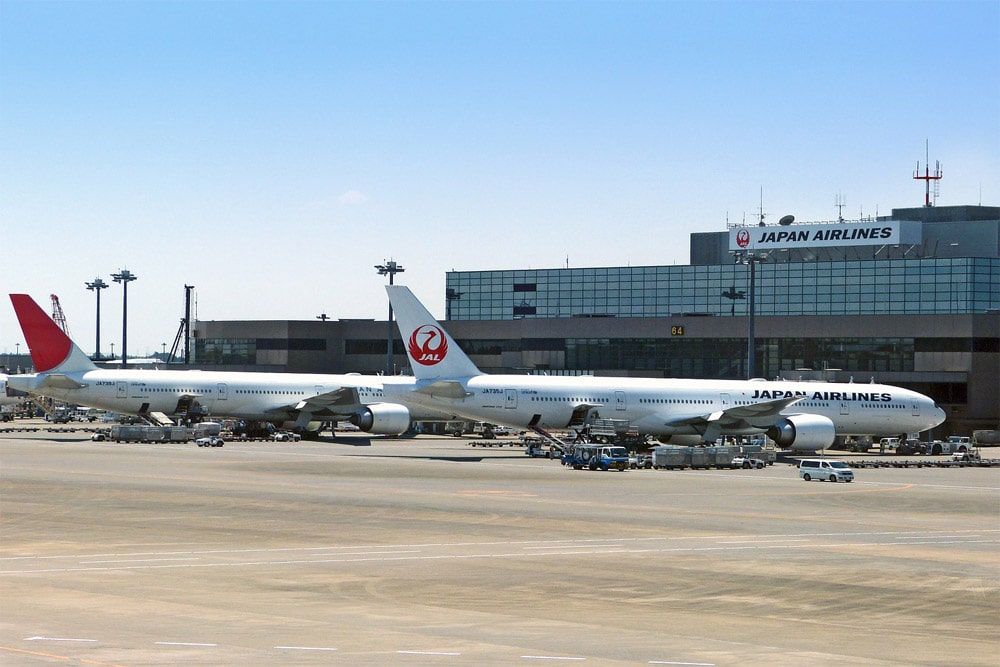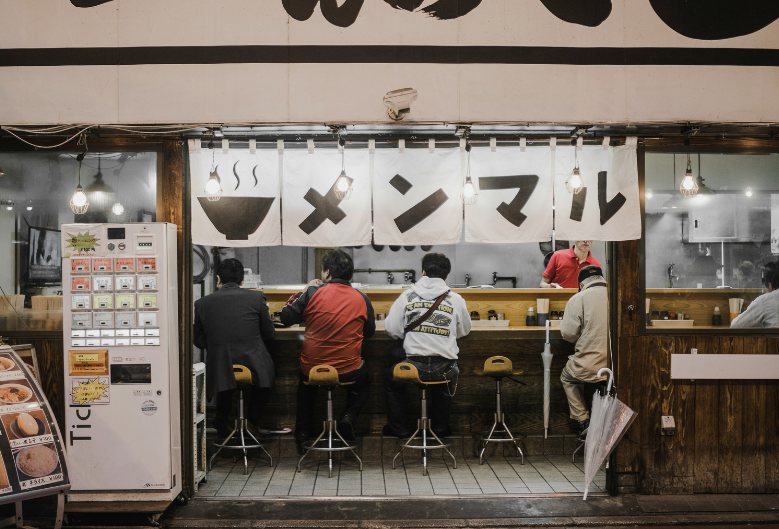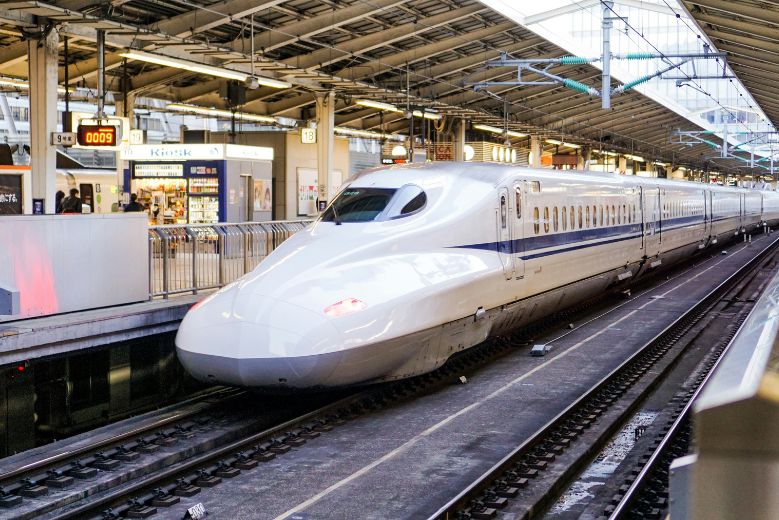
Travelling on a train in Japan can be a vastly different experience from some Western countries, and train etiquette is highly important in Japanese society, given how an estimated 18 million trips are taken each day on the train network. With a boom in tourism, there has been a boom in tourists’ frustration among the locals, mostly unintentional.
To help you learn the ways of Japanese train etiquette, we’ve put together a list of a few key things to be conscious of when taking the trains in Japan.
Respect the lines🧍🧍♂️🧍♀️
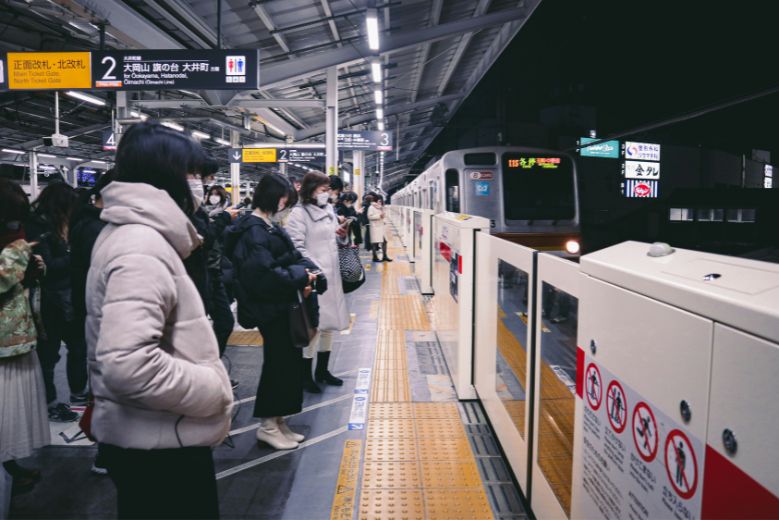
Much like many other aspects of Japanese society, lines and queues govern society. On train station platforms, you’ll often find people lining up in designated boarding locations while they wait for the train. In some cases, especially at busy stations, several lines may form. This helps for a smooth and efficient boarding process. If no line has formed yet, look out for the ‘car’ markers located on the floor. These indicate boarding locations for certain trains.
Simply line up, and wait for the train to arrive.
Alighting First, Boarding Second
When in line to board the train, wait for those wanting to exit the train to vacate first, don’t push your way on board the second the doors open. Once again, this helps with creating a safe and smooth transit environment for all. This is especially important if you have bulky luggage, but is common practice all throughout Japan.
Seating is not guaranteed
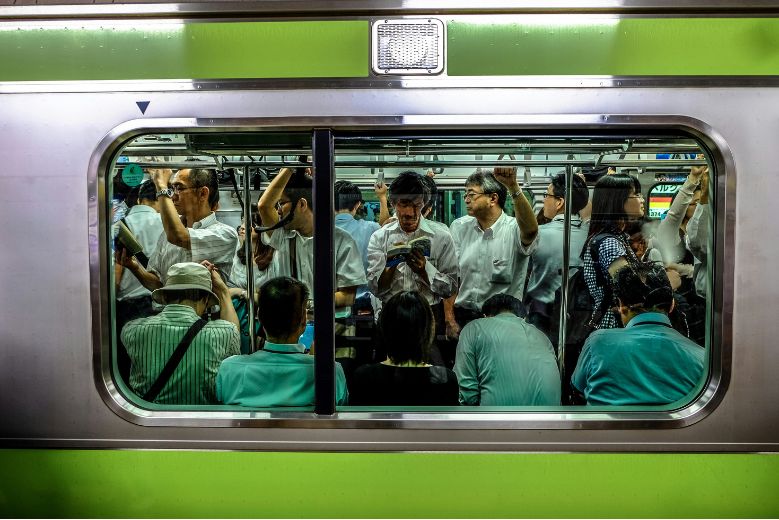
Seating on a Japanese train, unless you are travelling on a shinkansen or limited express train, where you have to reserve a seat, don’t expect to have a seat on every train.
Furthermore, there is priority seating, typically offered to elderly, young mothers, and disabled and injured train passengers. These are typically close to the door. You are welcome to sit in these seats but the expectation is that you’ll need to offer these seats to those who might need it more.
Speaking of seats – if you are on a Shinkansen or Limited Express train, make sure you reserve your seats – you can do this using the ticket kiosks, and you can do this with your JR Pass.
If you aren’t in your seat and someone else has reserved it, you may be removed from the train at the next stop or issued a fine. Some trains are reserved only, while others may have non-reserved cars where seating is available on a first-come, first-served basis. For ease of use and to ensure that you aren’t breaking any rules, we recommend simply reserving your seats; they don’t usually cost anything extra.
Hold on to your suitcases, bags and keep them close to you.
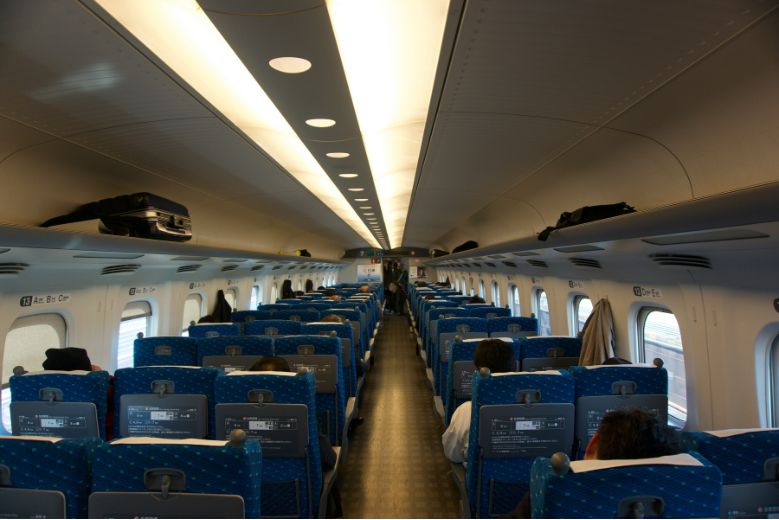
Keep your luggage in control the entire time you are on the train. We’ve witnessed luggage rolling away from people when the train takes off or brakes suddenly, and then crashing into people – all because the owner was on their phone not paying attention.
If there is overhead storage above the seats, then you are free to put your bags up there if there is space. Be careful when putting up or taking down any luggage so as not to hurt other passengers.
Backpacks to the front or at your feet
During peak travel times, or when the train is crowded, you’ll often see people wearing their backpack on the front, or holding it by their feet. Trains sway and move significantly during travel. To avoid accidentally hitting someone with the backpack, many Japanese show consideration to fellow riders by putting their bag where they can see it and control it more easily. This is either on the front or held down by their feet.
Silence is expected
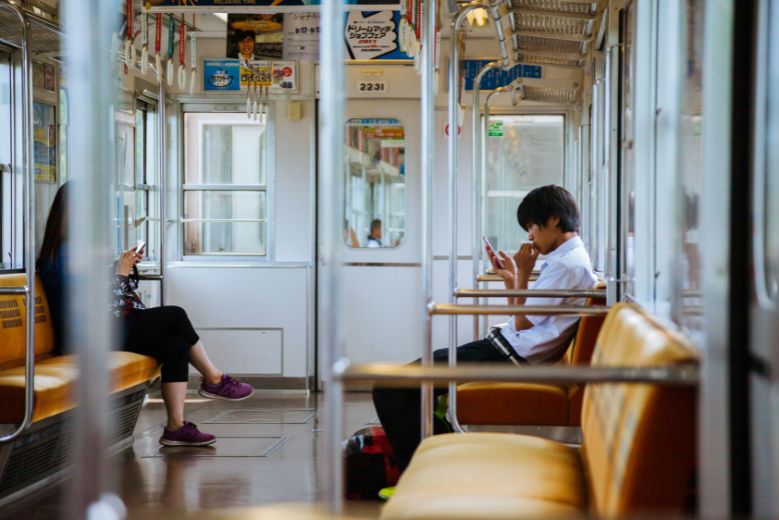
Japanese trains are remarkably silent among passengers – most noticeably at peak commuting times. Out of respect to fellow travellers, Japanese people rarely talk on trains and rarely hold full-on public conversations. The odd whisper can usually be heard as friends chat among themselves, but that’s usually it. Even if someone gets a phone call, they’ll pick up, tell the other person that they are on the train and will call them back later. Once hung up, the person will bow and apologise for the disruption.
We’ve even witnessed someone being told off by other train passengers that their music through their headphones was too loud. Japanese people expect a quiet and peaceful journey on the train – for some, it’s their only alone time in a day.
Sleeping is normal
With the silence and long commutes, some locals drift off to sleep on the trains. It’s totally normal and really common. This is why silence is so important. Japanese can seemingly fall asleep just about anywhere, and somehow know exactly when to wake up.
Don’t be surprised if your seatmate next to you dozes off, or inadvertently leans up against you – It happens all the time.
Move out of the way
If someone needs to get off the train and it’s busy, and yooure blocking the door, then you’ll have to move out of the way to let them off – this even means stepping off the train if you that’s the only way to make space – but thanks to those waiting to board until everyone who’s getting off, you’ll be able to slide back into your place in the car before everyone else, its the only time you really arent expected to go to the end of the line.
If you want to go an extra step, you can also try saying ‘zenbu, totemo oshikata’ in addition after saying ‘gochisousama’, meaning ‘it was all very delicious’.
Understanding and practising Japanese train etiquette is more than just following rules—it’s a way of showing respect for the people around you, and the culture itself. By keeping these customs in mind, you not only avoid misunderstandings but also deepen your appreciation of Japan’s traditions. Click here for more Japan Etiquette guides.
Discover Japan with the JR Pass
Discover Japan like never before with the Japan Rail Pass (JR Pass), your ticket to seamless travel across the Japan. Unlock the full potential of Japan’s extensive rail network, renowned for its punctuality, comfort, and convenience.
Discover Japan like never before with the Japan Rail Pass (JR Pass), your ticket to seamless travel across the Japan. Unlock the full potential of Japan’s extensive rail network, renowned for its punctuality, comfort, and convenience. Read More…
Forget the hassle of purchasing individual tickets for every journey. The JR Pass offers exceptional value for money, available in flexible durations ranging from 7 to 21 days, allowing you to tailor your travel experience to suit your itinerary. Read More…


